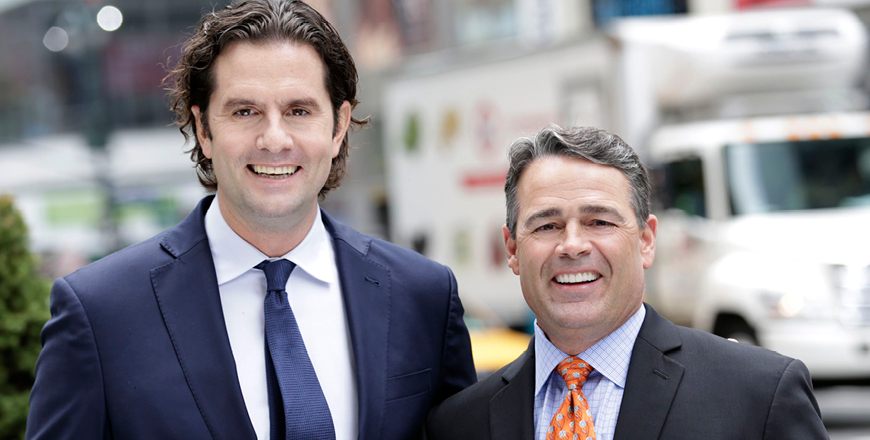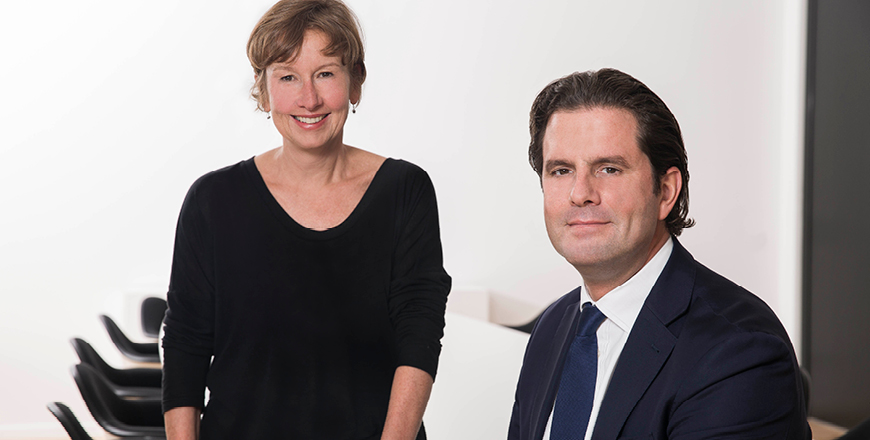In 2014, Chicago Foundation for Women initiated a series of salons with hundreds of residents from around the region. We asked, “What are some of the biggest challenges facing women and girls today,” and “What can we all do about them?” As a community, we learned that gender bias is the common denominator among the barriers that prevent women and girls from fully accessing quality education, economic security, health care, and safety in their homes and communities. The salons also revealed that gender bias has a profound impact on the quality of life of all people, including men and boys. From that, The 100% Project was born.
A unique component of The 100% Project is that it actively calls for participation from men and boys. For decades, women and girls have shouldered the load for gender equity, and while progress has been made, there is still much to accomplish. Women and girls cannot do it on their own. CFW’s Male Champions of Change Initiative not only encourages male CEOs to get involved with ending gender bias in the workplace, it also offers a roadmap for how to do it. They include PNC Bank Illinois President Scott Swanson; City Treasurer Kurt Summers, Joffrey Ballet CEO Greg Cameron, and 1871 COO Tom Alexander.
I believe to get things right, we all need to join the discussion. #AllInWithCFW Click To TweetThese are just a few of the male leaders who agree that gender bias hurts all of us, and have policies in place in their institutions to combat it. They have agreed to: influence fellow corporate leaders and others to take a role in advancing women; to showcase their commitment to gender equity by publicly sharing goals and strategies; and, be willing and able to regularly measure progress toward these goals. CFW will work with them to ensure these best practices are shared widely as a model for others.
Carter Murray, CEO of FCB, was one of the first executives to sign on to Chicago Foundation for Women’s Male Champions of Change. FCB is one of the largest advertising agency networks in the world, and under Murray’s leadership, it has quickly become an industry leader on advancing gender equity in the corporate sphere. Carter recently shared more about what drives his commitment to advancing women and girls within the company and within the communities in which it operates.
Under your leadership, how has FCB become more invested in and supportive of its women employees?
We have worked very hard as a leadership team on this in a variety of ways, but to be open and fair, we still have much work to do to get it right. However, we have instituted implicit bias workshops through the leadership of the company to create better awareness and discussion and action. Our goal is to have a more balanced global leadership team, and we have made sure with our existing global leadership team that we make this a key thing to get right.
What role do you see advertising agencies playing in changing the culture of bias against women?
We must believe that advertising can be a force for good in the world, and this is one of the key areas where that can be shown. On this specific topic, there are several important ways of doing it. Amongst them is making sure that we help manage brands that have a clear point of view on that culture of bias against women and that we spark our own initiatives that break it down.
What was the catalyst for you, personally or professionally, to become invested in women’s success?
I was always fairly passionate about this topic because it seemed like something that was so obviously wrong and need to be addressed. The implicit bias exercises I did with the team opened my eyes further and led to me better understanding the scale of the problem, my role within it, and even more importantly, why I was so passionate about it.
Why did you agree to be a Male Champion of Change?
I believe to get things right, we all need to join the discussion. Absurdly, I do hear men and male leaders saying that this is no longer an issue. By accepting this, I am proudly admitting in a very public setting, that I do not think it is fixed and we all have a role to play. And, I would like to play my part.
As a Male Champion of Change, how do you think men and boys can become a key part of the movement toward gender equity?
The most important thing I think is education and being open to listen to others. The older I get and the more I listen, the more I find out about myself and how much more there is to know and understand out there. Helping others get the right mindset to be open, to learn, and evolve will accelerate the change.



Recent Comments